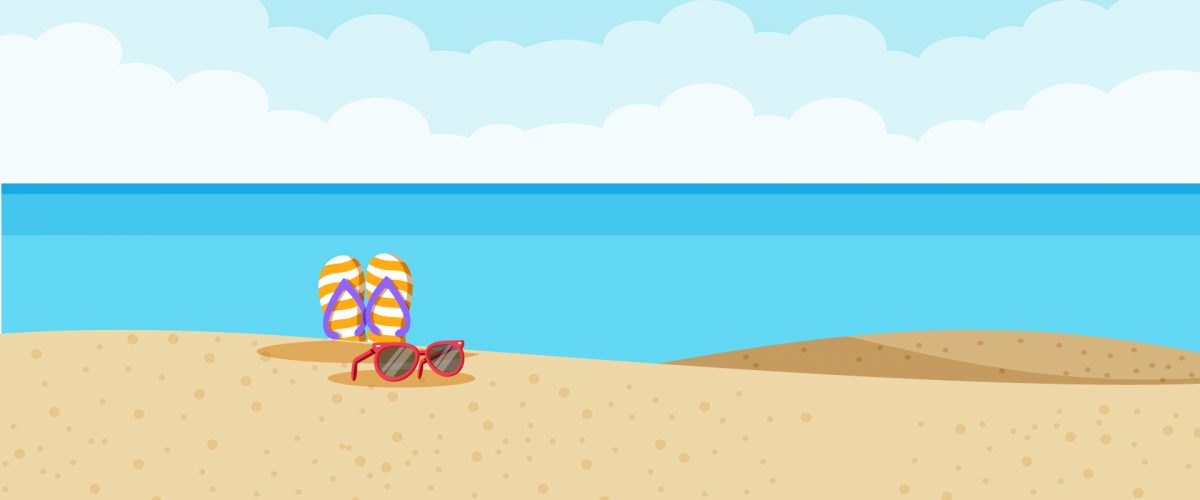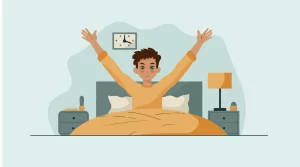Do you experience increased dry eye during summer?
Summer is here at last! The sun, the heat, the relaxation… Everything seems perfect… except for your eyes! Your eyes sting and itch, and your eyelids are inflamed.
Remember, the ocular surface is made up of several layers:
- The mucin layer, which helps tear film adhere to the surface of the eye.
- The aqueous layer, a watery substance that provides nutrients to the cornea.
- The lipid layer, an oily substance that protects the other layers.
Put simply, the aqueous layer adheres to the surface of the eye thanks to the mucin layer, and is protected by the lipid layer to prevent evaporation.
In summer, ambient heat causes the aqueous layer to evaporate more quickly from the surface of the eye. The more it evaporates, the dryer your eyes will be!
Here’s another example: during long-haul flights, dry eye can occur due to air conditioning, which makes the inside air dryer, with a humidity level approaching 8% (compared to the 40-60% we’re used to on the ground). This discomfort can significantly increase when combined with a mask, making every trip uncomfortable.
Much like air conditioning, wind, sea salt and chlorine in pools can increase dryness, which in the long run can lead to a whole raft of symptoms similar to springtime allergies.
What can you do?
We’ve put together a few tips to help you get through the summer season:
- Stay hydrated! During the summer, your eyes lose water due to perspiration and evaporation, so try to stay hydrated to offset this.
- Wear wrap sunglasses (preferably anti-UV ones) to prevent your eyes from coming into direct contact with sun rays.
- Avoid using fans or air conditioning, as they’ll increase tear evaporation and leave your eyes feeling dryer.
- Since chlorine and sea salt are eye irritants, always wear protective goggles when swimming in the pool or the ocean.
Don’t forget to talk about your problem with your ophthalmologist, who can evaluate your symptoms and prescribe the most appropriate treatment for you.




